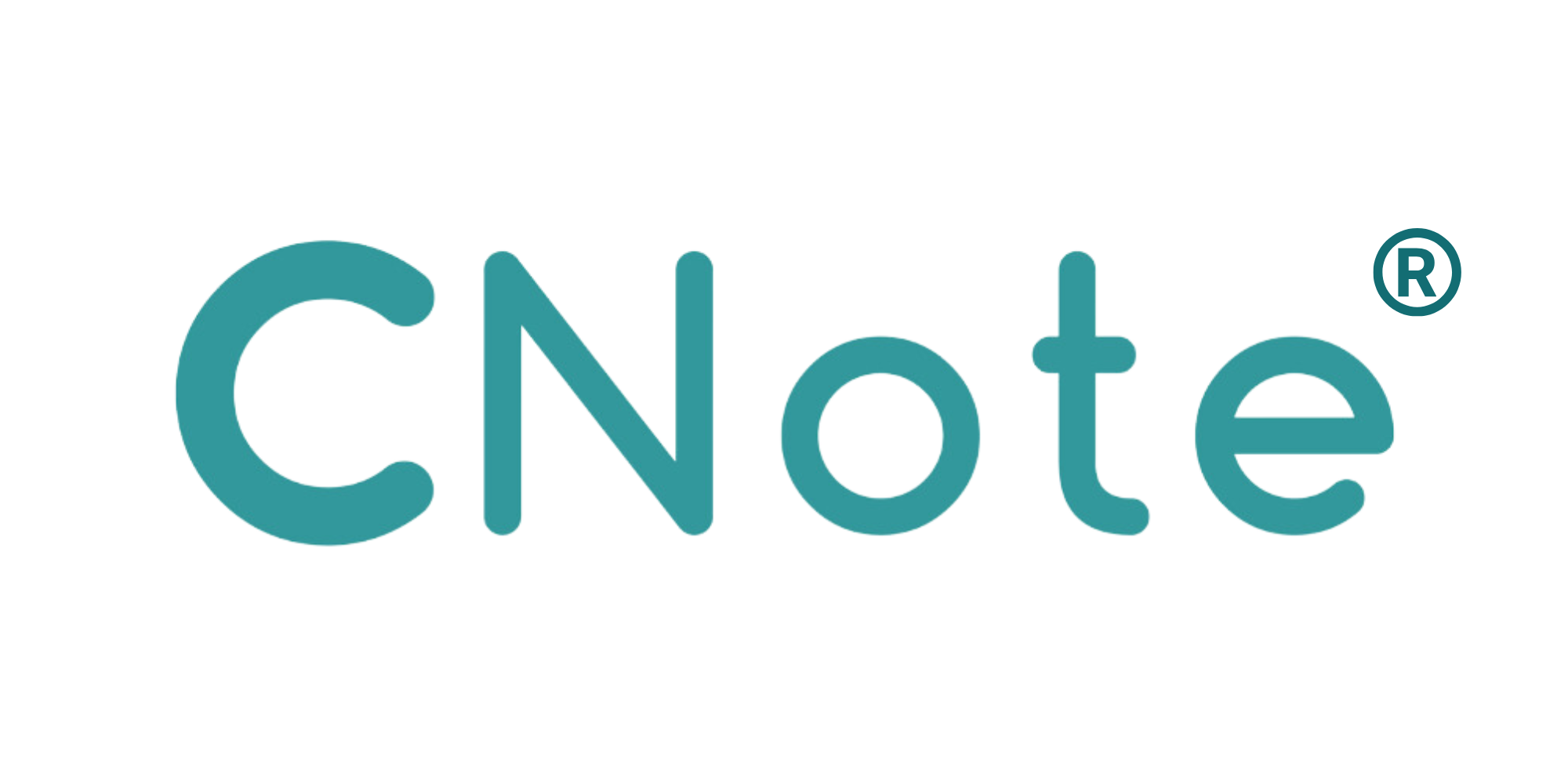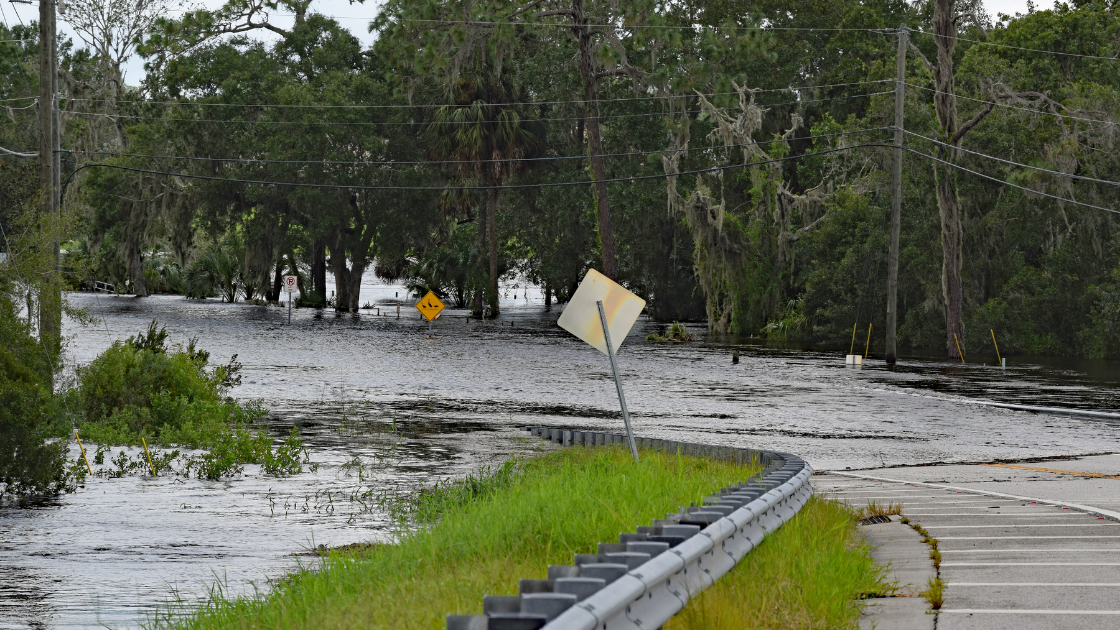When Hurricane Helene tore through parts of the Southeast in early 2024, it didn’t just rip off roofs or flood fields, it ruptured livelihoods.
For hundreds of small business owners across the Appalachian corridor, the aftermath wasn’t about insurance claims or news coverage. It was the next day. Could they reopen? Could they pay employees? Would customers return?
For some, the answer came not from a relief check, but from something much quieter and more powerful: mission-driven financial institutions.
CDFIs are embedded in the communities they serve. They have longstanding relationships with local businesses, nonprofits, farmers, and government leaders. When disaster hits, that trust allows CDFIs to move quickly – identifying affected borrowers, pausing existing payments, deploying relief resources, and collaborating with public and philanthropic partners to close critical financial gaps.
One of those CDFIs is Locus Bank.
A Ground-Level Response to a Storm-Level Disaster
Though the eye of Hurricane Helene passed just outside Locus’s primary market, they didn’t hesitate. They stepped in not because they had to, but because they could. Using corporate capital from CNote’s Impact Cash partner, Xylem, Locus was able to quickly respond to the natural disaster.
Locus quickly activated a multi-pronged response strategy:
- Aggregating Resources: They compiled a tailored list of recovery tools for food and farm businesses affected by the storm. That list was distributed not only on their website but also in monthly newsletters and across social channels, reaching impacted entrepreneurs directly and efficiently.
- Advisory Support Through the SBDC: Leveraging their partnership with the Capital Region Small Business Development Center, Locus coordinated backup advisory services for businesses in Hurricane Helene’s path. Their SBDC advisors mapped local businesses to capital and support programs—sometimes outside of their formal region—because disaster doesn’t recognize zip codes.
- Back-Office Strength for Other CDFIs: When Appalachia Community Capital needed help processing grant requests for the Western North Carolina Small Business Initiative, Locus stepped up as a back-office processor, ensuring over 2,000 grants were distributed swiftly and accurately to the businesses that needed them most.
The impact wasn’t abstract. It was a small farm that was able to replant its crops. A food truck that resumed serving meals to rebuilding crews. A daycare center that reopened, giving working parents a lifeline.
These weren’t acts of charity. They were acts of capital. But capital with a conscience.
And that capital came, in part, from you, impact investors who chose to deposit through CNote into mission-aligned institutions like Locus.
The Recovery Loop
Here’s what makes this story more than a moment, it’s a model.
Your cash deposit with CNote Impact Cash goes into insured accounts at institutions like Locus. That capital is then deployed quickly, strategically to borrowers in crisis. Once repaid, it’s redeployed again. And again. And again.
This isn’t a one-time donation. It’s a cyclical investment in resilience. And every cycle builds more than just homes or storefronts. It builds trust. It builds jobs. It builds futures.
Why This Matters Now
Disasters like Hurricane Helene are no longer rare. They are frequent, fierce, and far-reaching. And the communities they hit hardest are often the ones with the fewest options, underserved and underresourced neighborhoods, rural towns, small businesses, and low-income families.
Waiting for large financial institutions to respond isn’t a strategy. Waiting for the next news headline isn’t a solution. But empowering the institutions that already know these communities? That’s action. That’s smart. That’s impact.
Be Part of What Rebuilds
Disaster recovery doesn’t end with the headlines; it begins in the quiet, determined work of rebuilding homes, reopening storefronts, and restoring livelihoods. Depositing with mission-driven institutions like Locus helps ensure that capital is available when and where it’s needed most. It’s not about recognition, it’s about being part of a system that responds, adapts, and stands with communities long after the storm has passed.
Your dollars may not make the news, but they’ll be there, fueling recovery from the ground up.
Learn more about how you can support CNote’s Disaster Recovery & Resilience Program here.


